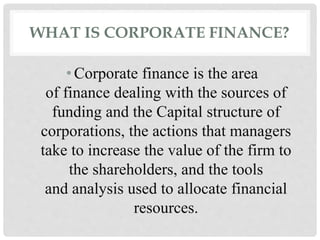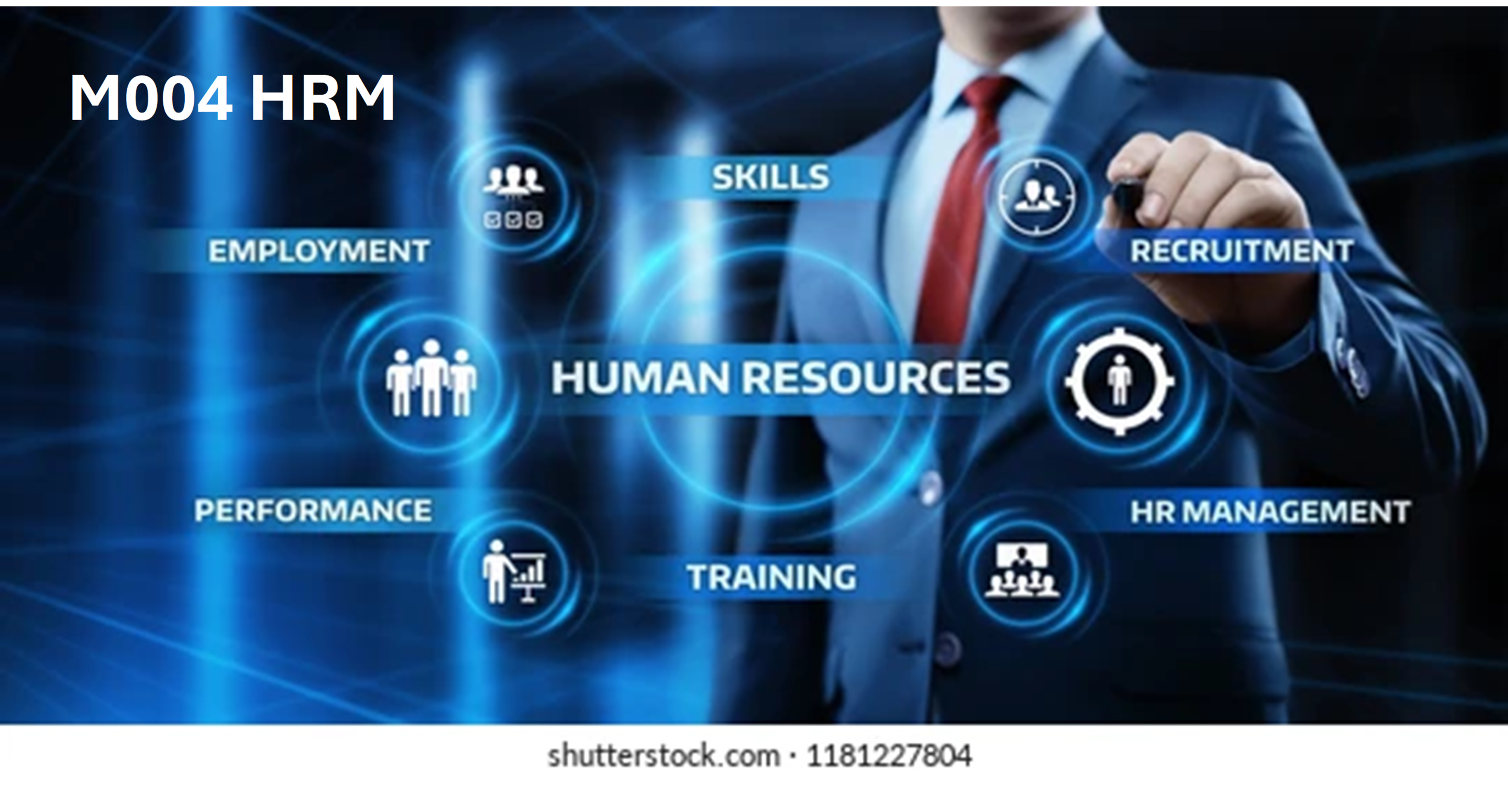Organisational Behavior is designed to convey practical skills grounded on theories to understand the dynamics of working with and through people. This course is particularly useful for people who aspire to be influential leaders who seek to lead others and have a rewarding career. Together, we explore and understand how you, as an individual, could optimize your potential and how that can harness the synergistic relationships in teams and function effectively in a complex system. The term organization stands for the people who dedicate their lifetime to fulfilling their personal and organizational goals of sustainable excellence. This course works because you can continuously learn, relearn and unlearn about yourself and others. This understanding allows you and those around you to fulfil your fullest potential, and the symbiosis of such a nurturing environment will enhance superior business decisions and results.
This course helps students to understand how business corporation decides on optimizing corporate financial decisions.
Corporate finance is a subfield of finance that deals with how corporations address funding sources, capital structuring, accounting, and investment decisions.

This course introduces the key aspects of MBA research. It provides guidance and information on postgraduate research design, methodologies, challenges, organization, etc. using available data-driven and management tools. This course provides training in presenting and proposing the objective, reasoning, and methodology of a research topic professionally and effectively to stakeholders. At the end of this course, managers will be able to launch and supervise a research project to identify and solve business issues in a sound and realistic manner.
There is a need for managers in every functional area to understand the basic principles of both accounting and finance in order to make informed business decisions. To achieve this, Financial Accounting is designed to provide a complete understanding of the preparation and analysis of financial statements. The course comprises of the introduction to financial statement, the accounting cycle, cash, marketable securities and receivables relevant to any organisation. The course will benefit finance managers as well as all functional managers so that everyone speaks similar language in understanding business perfomance, use and analyse company financial reports to make sound business decisions.
Welcome to all new students.
Please reach out to me :
tamizarasu.nandan@xmu.edu.my
This course is designed with the aim to provide students with an opportunity to gain knowledge and skills of strategic marketing management. The strategic marketing management process includes understanding the relationship between customers and the market, marketing mix strategies and integrated marketing communications planning, branding, corporate social responsibility and marketing implementation and control. This course is intended for people who wish to acquire the skills of a strategic marketer, who is expected to be well-equipped with the knowledge to plan, organise, lead, and control marketing activities in an organisation.
Strategic
management is the ongoing planning, monitoring, analysis and assessment of all
necessities an organization needs to meet its goals and objectives. Changes in
business environments will require organizations to constantly assess their
strategies for success. The strategic management process helps organizations
take stock of their present situation, chalk out strategies, deploy them and
analyze the effectiveness of the implemented management strategies. Strategic
management strategies consist of five basic strategies and can differ in
implementation depending on the surrounding environment.
Management communication is a multifaceted concept that aids managers to communicate effectively with their teams, build stronger internal and external relationships, improve employees' experience and overall well-being at work and in life. It starts with the communicators' mind set and ends with authentic practical framework and models that the students can apply.
SYNOPSIS:
Businesses experience a challenging environment today when customers expect instant services and usage of products. In order to ensure minimal disruptions of products and services, supply chain management ensures a smooth flow of processes that transform raw materials into final products. This course introduces you to concepts of supply chain management including supply chain and key components, sourcing strategy and supply chain partner selection; demand and supply planning strategy; logistics management; inventory control; information management; distribution theory and method; green supply chain and to name a few. Managers and businesses benefit from the active streamlining of a business's supply-side activities to maximize customer value and gain a competitive advantage in the marketplace.
Businesses experience a challenging environment today when customers expect instant services and usage of products. In order to ensure minimal disruptions of products and services, supply chain management ensures a smooth flow of processes that transform raw materials into final products. This course introduces you to concepts of supply chain management including supply chain and key components, sourcing strategy and supply chain partner selection; demand and supply planning strategy; logistics management; inventory control; information management; distribution theory and method; green supply chain and to name a few. Managers and businesses benefit from the active streamlining of a business's supply-side activities to maximize customer value and gain a competitive advantage in the marketplace.
The course is about the long-term direction and performance of an organization. It provides an applied and integrated strategic framework for developing capabilities that lead to competitive advantages and global success. Thus, the course is designed to equip students with both theoretical concepts and practical guidelines to execute goals and strategies. It focuses on strategy and how firms build competitive presence and advantages, and by doing so it enables students to understand and evaluate the major issues in strategy formulation and implementation in a global context.
As businesses operate in an increasingly complex and dynamic environment, the role of HRM becomes crucial in shaping an organization's success. In the MBA curriculum, HRM introduces students to the strategic management of an organization's most valuable asset: its people.
In this course, we will explores various aspects, including recruitment, selection, training, performance management, compensation, employee development, and workplace diversity. It delves into the challenges and opportunities of managing a diverse workforce, aligning human capital with business strategies, and fostering a positive organizational culture.
Through this course, students are expect to gainin sights into HRM's role in enhancing employee motivation, engagement, and productivity. They learn to navigate legal and ethical considerations in areas such as labor laws, employee rights, and workplace regulations. Additionally, HRM equips future business leaders with skills to address HR challenges within global contexts, fostering adaptability in an ever-changing business landscape.
This course overview principles and techniques in Corporate Finance. In particular the course helps student understand how business corporation decides on their optimal investment and financing decisions under uncertainty.
